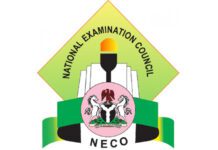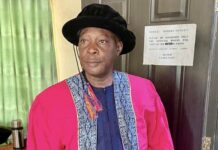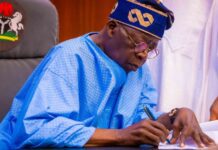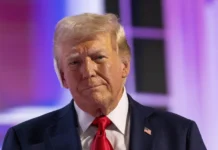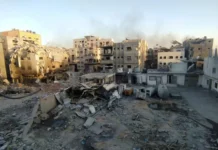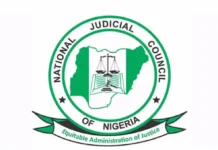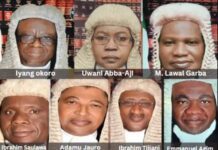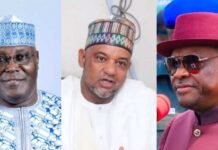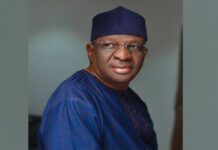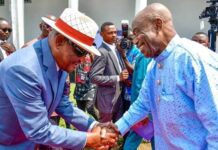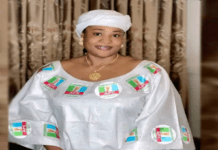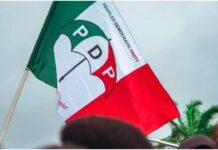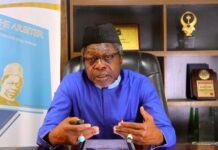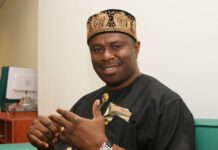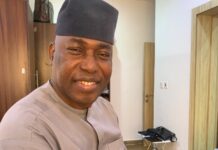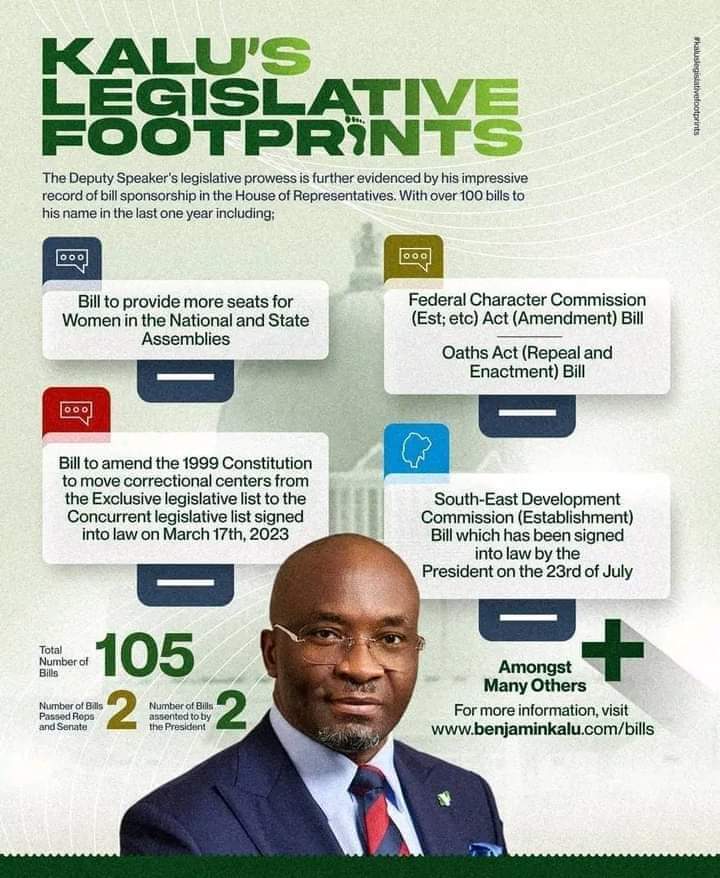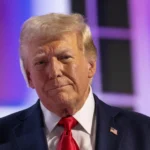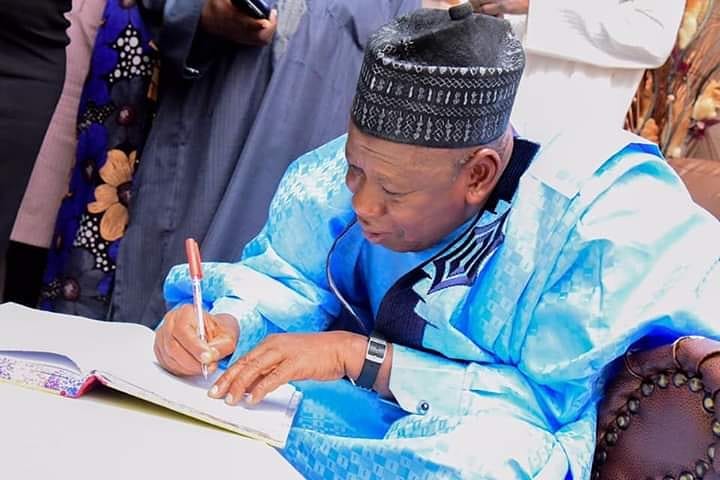IT is clear for what: negative or positive reasons, why Russia’s influence in Nigeria is growing. Historically, Russia or the former USSR has had a rosy relationship with the country way back in the First Republic. In 1965 Russian language studies was introduced in the University of Ibadan.
In October 2023, Russian education centers opened in Ivory Coast, Congo and Nigeria to provide students the opportunity to learn Russia and learn more about the country’s culture.
Of recent this relationship has blossomed with the Russian Federation selling arms to Nigeria to combat Boko Haram insurgency and training Nigerian soldiers. It also got approval to assist in building a nuclear plant for peaceful purposes. All these feats tends toward a fruitful engagement between the two countries.
On the flip side however, is Russia eyeing a regime change in Nigeria or not? There is no clear answer to this critical question. However, that Russia’s intention towards Nigeria may also be adversarial is documented in a Voice of America (VOA) report titled: ‘Russia’s Growing Influence in Nigeria’. According to the station “Russia relies on deployment of mercenaries, disinformation and election interference to grow its influence in Africa.”
According to the VOA report, “Russia has been making inroads across Africa, including Nigeria.” This expansions,
notes a research director at Washington DC-based Africa Center for Strategic Studies, Joe Siegle, have “dramatic impact in undermining democratic processes on the continent.” This comment seems to finger the Russian Federation in the ongoing waving of its flag by some Nigerian protesters against #EndBadGovernanceinNigeria fuss across Nigeria.
Already the Nigerian government has arrested a local tailor in Kano who was involved in the mass production of Russian flags spotted among dissenting crowds in Bauchi, Kaduna, Kano, Katsina, Kebbi, Plateau and Zamfara states.
The protesters could be heard chanting anti-government slogans in Hausa language, and holding Russian flags, calling on President Bola Tinubu to resign.
chanted in Hausa. The demonstrators also carried signs praising Russia’s President Putin. Hundreds of the mostly underaged youths urged President Vladimir Putin of Russia to intervene in Nigeria. “We don’t want bad government,” they chorused.
This reached a crescendo two days after President Tinubu proscribed the nationwide protest in a speech. Defiant protesters, in their hundreds, waving the Russian flag, in Zaria, were heard chanting “sai Russia” (We prefer Russia). All this points to a planned activity involving millions of naira that went into mass producing the Russian flags, distributing same and catering for those that would fly them as were seen. Indeed, Russia is no stranger to the execution of such activities.
In 1984, the KGB, it was revealed by Andrew and Gordievsky (1991): Instructions From the Centre: Top Secret Files on KGB Operations: 1975-1985, arose from a conference in which it developed a method of recruitment of expatriate agents through ‘foreign flags’, a ‘pretense’ to an agent that the Soviets were assisting a third party and not the KGB. The Russians may not have discarded this practice.
According to an article published by the Modern War Institute at West Point, the Russian nation is not mew to causing troubles and turning round to quashing them. The article observed that the country had 87.5 percent success rate at emasculating rebellions and insurgences across the globe between 1917 and 2017.
In Africa, notes Stromski (2023), Russia has invested “time and funding” and is gradually making inroads in various countries, where its “presence generates good publicity” for expansionism that is loathed by the West. Stromski added that Russia takes advantage, via proxy, of governance shortfalls, instability and security vacuum in Africa.
For instance, Ghana’s president, Nana Akufo-Addo complained that Wagner forces are operating in the country. Wagner , a mercenary group tightly advancing Russia’s strategic objectives, is also expanding into Chad, just as it is active in Central African Republic, Libya and Sudan.
A National Coordinator of Security Governance Initiative in Nigeria, Hon. Aliyu Gebi noted that the protesters who displayed the Russian flag were fully aware of their actions. He told Arise TV that flag display in multiple locations over a few days was coordinated and have sinister motive. He emphasized that the people who put this flag out there and the people carrying the flag knew what they were doing. In the same vein, Gov. Uba Sani of Kaduna state observed that the orchestrated Russia flags waving jamboree was “well sponsored and designed to cause anarchy.”
Russia’s take on the allegation against it is not convincing if put against the backdrop of its double speak not too long ago when it told the world that it opposed “a military solution to the conflict in Niger Republic,” where it said it “has no plans to use its armed forces.” That was in Aug 2023. Today, the story is different. By the end of January, 2024, Russia and Niger developed military ties. Although the details of this partnership are still sketchy, Russia promised to increase the “combat readiness” of Niger’s military. In addition, there are discussions to partner in the areas of agriculture and energy.
According to U.S. officials in May 2024, Nigerien authorities had told President Joe Biden’s administration that about 60 Russian military personnel would be in Niger, but the official could not verify that number.
Russia’s target was an immediate supply of military hardware, which it does “much faster than the United States”, to the impoverished nation. Pundits say it is already profiting from the region’s natural resources, including the gold mines.
Russian embassy in Nigeria is still denying its involvement in its flag waving campaign by the #EndBadGovernanceinNigeria protesters. The spokesperson at its embassy insists that the incidents and actions are the “personal choices” of individual protesters.
- Bello resides in Abuja.







